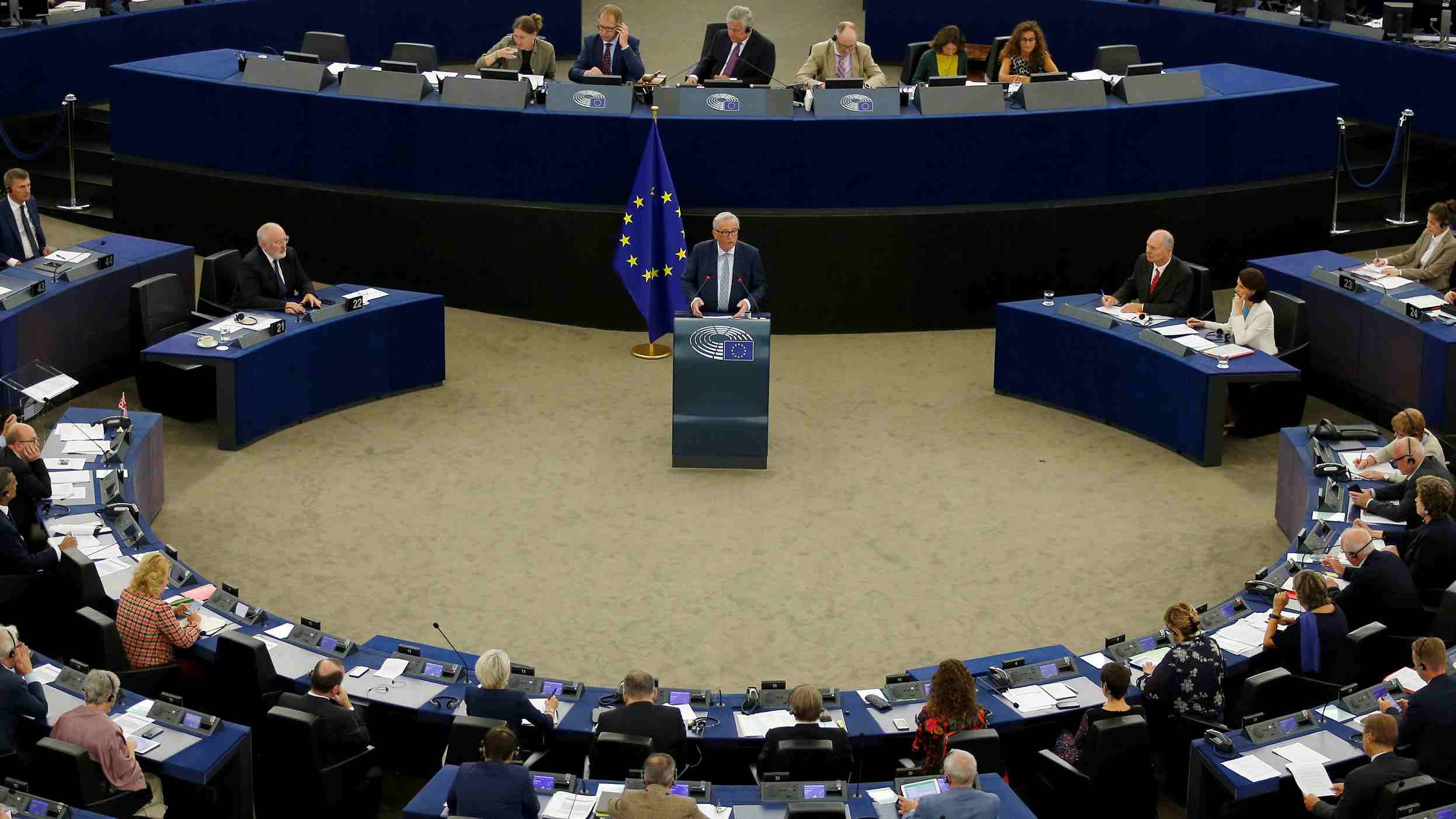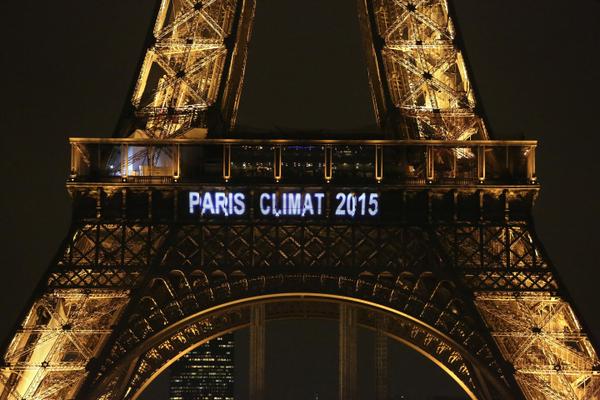
[authorbox authorid=”94″ title=”The Author”]
This morning was marked by the annual State of the Union speech to the European Parliament by the President of the European Commission in Strasbourg. Jean-Claude Juncker spoke for the fourth and last time of his mandate before up coming 2019 European elections.
Last year’s speech, President Juncker gave concrete ideas and initiatives on various subjects such as democracy, cyber security, data protection, trace, etc. that were to be implemented some time in 2018. This year, Juncker delivered a speech in which he insisted in the actions that remained to be taken before the elections and the Sibiu Summit in May 2019.
President Juncker went through different subject where he presented the current situation and listed the Commission’s proposals for the 2019 Work Programme. As he stated the Commission’s work will continue to ensure that “our imperfect European Union becomes a little more perfect every day”.
Trade to export the European values
The economic crisis that hit Europe 10 years ago is passed behind the EU, unexpected growth over the past semesters, creation of employment opportunities and relative low unemployment rate (lowest since 2000) are proof of a great economy for Juncker.
Europe has reasserted its trade position with over 70 trade agreements that are an opportunity to export/defend standards and values that make the European single market the largest in the world: “high European food safety standards, workers rights, environmental standards and consumer law standards”.
In the future, President Juncker insisted in the need to invest more with Africa. The EU has to stop seeing it’s relationship with the continent “through the sole prism of development aid”. In that light, a new alliance based on the already existing external investment plan would be beneficial for both parties, the long run outcome of this equal partnership being a free trade agreement.
The Commission will not stand in the way of Brexit negotiations
Although, Europeans need to respect the British decision to leave the Union, President Juncker warned that there can be no preferential treatment towards the UK, “if you leave the union you are no longer part of our single market and certainly not in parts of it”. He, however, insisted on the fact that the UK will never be an “ordinary third country” to the EU and will “always be a very close neighbor in political, economic and security terms”.
‘This belief that “united we stand taller” is the very essence of what it means to be part of the European Union’ ??
Watch the most important moments from the State of the Union 2018 and read more about our 18 concrete initiatives: https://t.co/NPsjakc2Qp #SOTEU pic.twitter.com/lLpubUKX0F— European Commission ?? (@EU_Commission) September 12, 2018
Prime Minister May’s proposal to develop an “ambitious new partnership” is an idea that Juncker supports although he stressed the fact that such negotiations can only start after Brexit legally happened on 29th March 2019. Moreover the starting point of these discussions should be a free trade area between the EU and the UK.
Europe’s external challenges and migration
The EU challenges outside its territory are of various forms, the President of the Commission gave the example of the EU’s “immediate neighbourhood”, underlining the fact that there is the need to define the approach to follow towards the Western Balkans.
Europe cannot “loose up even for one second” as the world situation greatly challenges the EU and its vision of sovereignty. For Juncker, only a united and strong Europe can face the world’s geopolitical environment.
“European sovereignty derives from national sovereignty” and therefore member states need to accept the role of the EU at the international level, allowing the Union to take position and speak in one single voice. This will only be possible through the introduction of qualified majority voting.
Citizens are expecting the EU to ensure their security and for this reason it was decided in 2014 to re-launch European defense. The Commission will still work to improve it through greater cooperation for better efficiency. Jucker warned that the goal is not to militarise the EU but to achieve “greater responsibility and independence”.
Concerning migration, the Commission sent proposals to reshape the migration system, most of which have been adopted leading to the improvement of the situation in the Mediterranean Sea. However, once again for Juncker, member states do not have yet the “right proportion between responsibility for their own sovereignty and the necessarily solidarity between themselves”.
He also calls for the strengthening the European external borders and coast guard as well as the extend of the European Refugee Agency for the better treatment of asylum applications. Moreover, Juncker wishes to open legal route for migration into the EU.
The importance of the 2019 European election
What is at stake for the European election is simply the citizens’ trust, European actors “must show (…) that the EU can achieve results and respects the commitment (taken) at the beginning of our term”.
The European project has managed to “bring together European geography and history” and to export its stability however some differences have been made and still remain between the regions. Therefore, Europe must show that it is “able to overcome differences between North and South, East and West”.
Citizens will call for concrete actions, actions they can witness at their local level this, for Juncker, is in the hand of the European Parliament as it has the power to vote Commission’s proposals. In the meantime, the Commission will try to keep up with what it promised when appointed in 2014 as it is what the citizens want to see.
In addition, he wishes to see the Spitzenkandidat process repeated as it is a step forward for European democracy if it is implemented in correlation with transnational lists (to put into place by 2024).
In a nutshell Jean-Claude Juncker paints a portrait of the EU where even if improvements can be witnessed, there still remains issues notably as far as sovereignty is concerned that need to be tackled. He closed his speech with a sentence depicting what “enlightened patriotism” should be for him: “to love Europe is to love its nations, to love our nation is to love Europe”.



